Writing a resume for remote jobs can seem overwhelming at first, but it’s easier than you think.
Highlighting your skills and experiences that are tailored for remote work can make all the difference.
Employers look for candidates who are self-motivated, organized, and communicate effectively. Your resume should showcase these qualities.
Start by updating your contact information to include a professional email address and a LinkedIn profile.
Make sure to feature any previous remote work experience prominently. If you’ve never worked remotely before, highlight projects where you worked independently.
Tailor your resume to each job application.
Use keywords from the job listing to show that your skills match what the company is looking for. This not only helps grab the hiring manager’s attention but also ensures your resume passes through automated screening tools.
Remember, your resume is your first chance to make a great impression. Make it count!
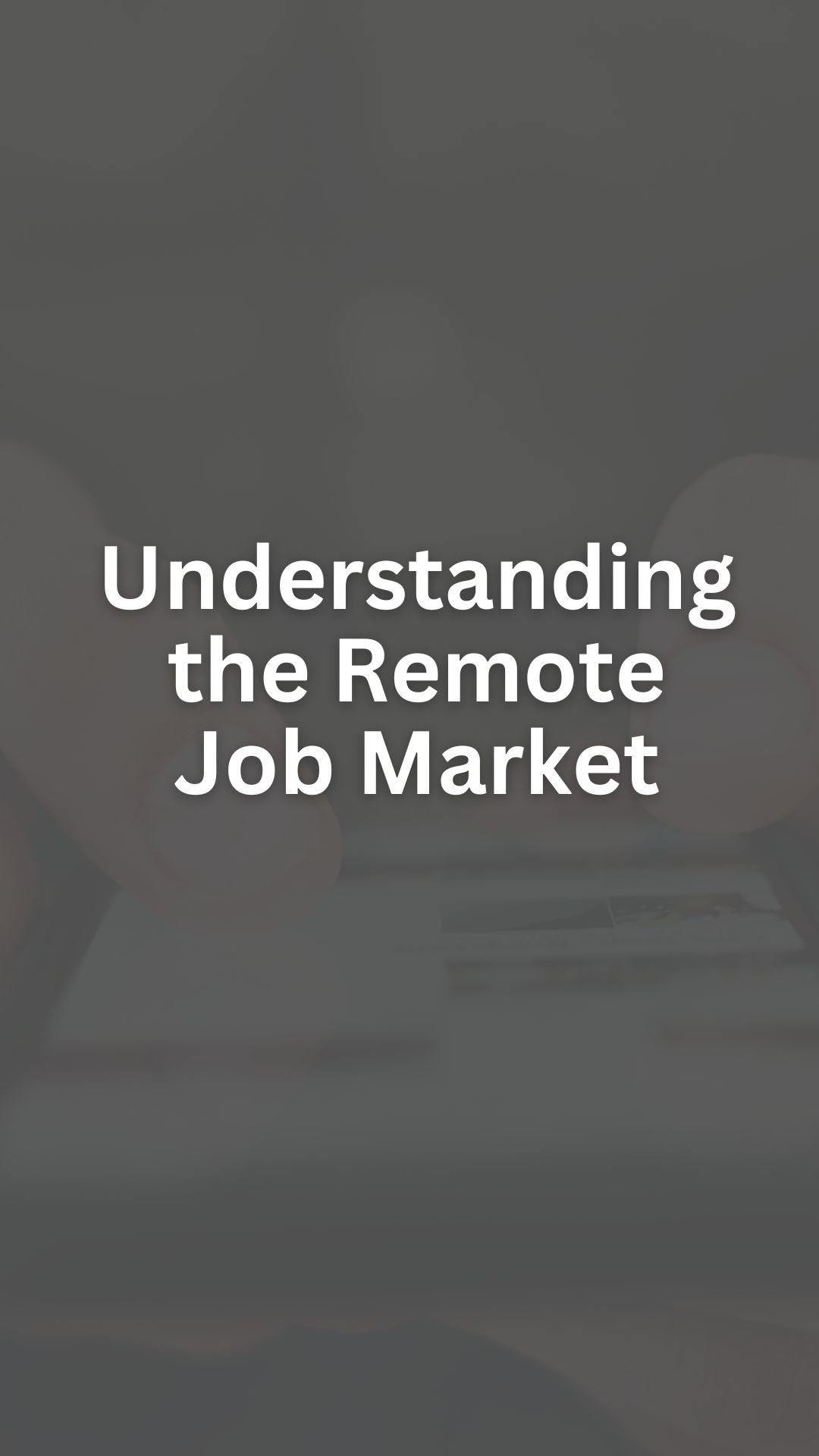
Understanding the Remote Job Market
The remote job market has grown rapidly in recent years. More companies are offering remote positions due to advancements in technology. This means more opportunities for you to find a job that fits your lifestyle.
Many industries now offer remote jobs. These include tech, marketing, customer service, and more.
Popular remote job areas:
- Software Development
- Content Writing
- Virtual Assistance
- Graphic Design
Remote work offers many benefits. You save time by not commuting and can often set your own schedule. This can lead to a better work-life balance.
Key remote job benefits:
- Flexibility
- Location Independence
- Less Commuting
When applying, you will compete with candidates from around the world. This means you need to stand out by highlighting relevant skills and experiences.
Stay current on trends in the job market.
Use resources like job boards, networking sites, and industry news to stay informed.
Here’s a quick tip: list any previous remote work experience clearly. Employers want to see that you can thrive in a remote environment.
Useful remote work skills:
- Time Management
- Communication
- Self-Motivation
- Tech Savvy
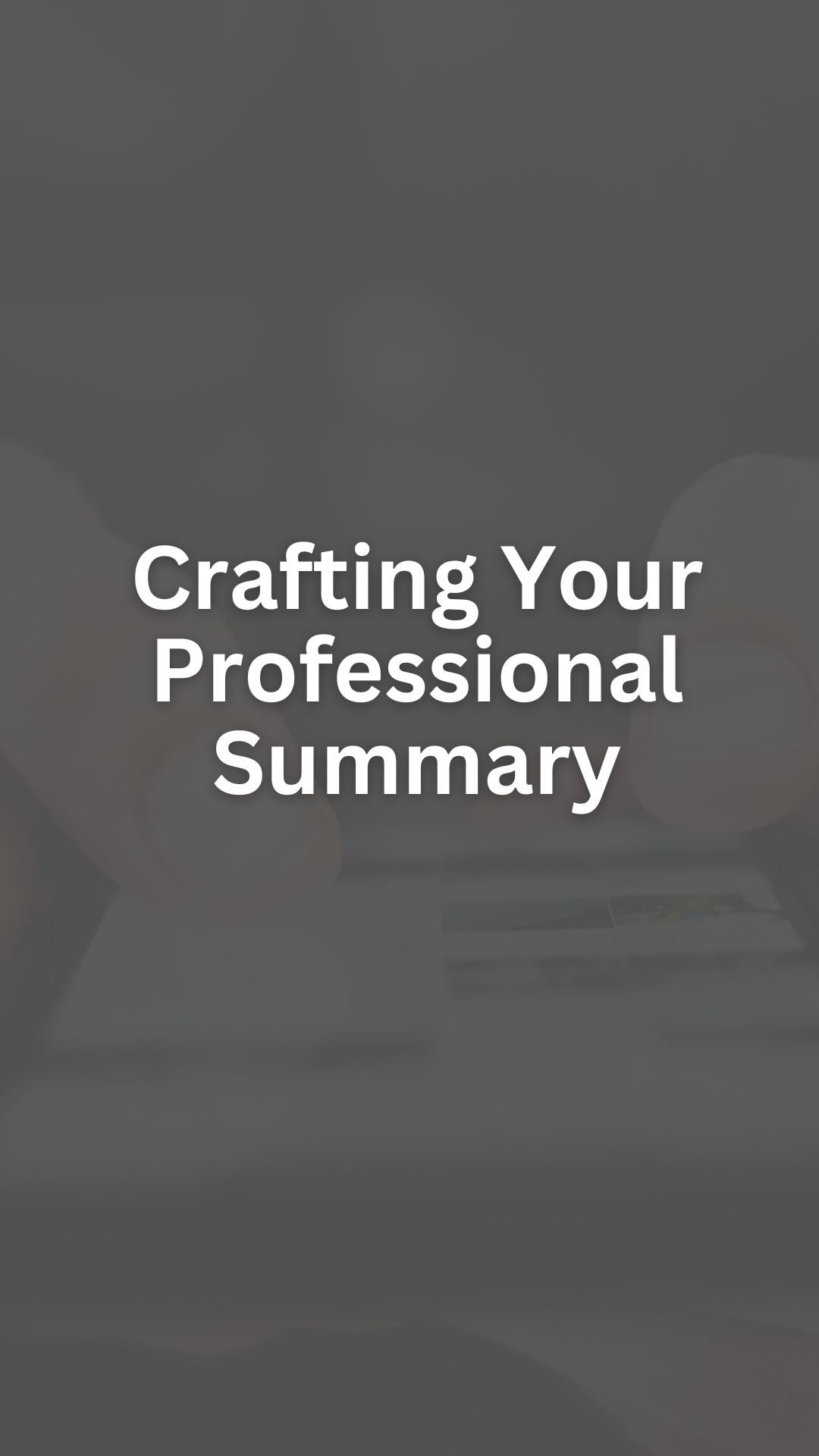
Crafting Your Professional Summary
Your professional summary is the first peek into your skills and experience. Focus on your ability to work remotely and briefly outline your career highlights.
Highlighting Remote Work Competencies
Show that you can handle the unique challenges of remote work.
Mention your ability to manage time well and meet deadlines without direct supervision. If you’ve used tools like Slack, Trello, or Zoom, list them to show you’re tech-savvy.
Example:
- Time Management: Successfully managed and prioritized multiple projects.
- Communication: Proficient with Slack, Zoom, and email for daily communication.
- Tech Tools: Experienced with project management software like Trello and Asana.
Emphasize any remote work experience. This helps employers know you’re comfortable working outside a traditional office.
Concisely Summarizing Your Background
Keep your summary short but impactful. List your key achievements and roles briefly.
Start with your job title, then add your years of experience and areas of expertise.
Example:
- Skilled software developer with 5 years of experience in creating web applications.
- Expert project manager with 7 years of experience in leading teams and delivering projects on time.
Use action words like “led,” “developed,” and “improved” to make your experience sound engaging and dynamic. This makes your summary punchy and to the point.

Showcasing Your Technical Skills
Emphasizing your technical skills can set you apart when applying for remote jobs. Highlighting the specific technologies you know and your proficiency levels is key.
Listing Relevant Technologies
Highlighting the technologies you are familiar with is crucial.
Create a list of your technical skills. Be specific about the tools, languages, and software you use. This will show employers that you have the skills needed for the job.
For example:
- Programming Languages: Python, JavaScript, Java
- Web Technologies: HTML, CSS, React
- Databases: MySQL, MongoDB
- Tools: Git, Docker, Jenkins
Showcase technologies that are relevant to the job you’re applying for. Tailor your list to match the job description. This helps the employer see that you fit the role.
Detailing Levels of Proficiency
Detailing how proficient you are with each technology is as important as listing them.
Use a clear system to rate your skills. You can use terms like beginner, intermediate, and expert.
For example:
- Python: Expert
- JavaScript: Intermediate
- React: Intermediate
- Git: Expert
- Docker: Beginner
Being honest about your skill level is vital. Don’t overstate your abilities. Employers value accuracy. This helps them understand how well you can perform the tasks required.
Consider using a proficiency chart:
| Technology | Proficiency |
|---|---|
| Python | Expert |
| JavaScript | Intermediate |
| React | Intermediate |
| Git | Expert |
| Docker | Beginner |
Use the chart to make your skills easy to read. This makes it clear at a glance what you bring to the table.

Describing Your Work Experience
Your work experience section should stand out by clearly showing what you did, how you did it, and the impact you made. Focus on action verbs, measurable achievements, and teamwork skills.
Using Action Verbs
Start each bullet point with strong action verbs.
Instead of saying “Was responsible for,” use words like “Led,” “Managed,” “Developed,” or “Implemented.” These words grab attention.
Examples:
- Led a team of 10 customer support agents.
- Managed project timelines and deliveries.
Using action verbs demonstrates your proactiveness and energy, making your experience sound more impressive.
Quantifying Achievements
Numbers make your accomplishments clear and convincing. Talk about increases, decreases, percentages, and time frames. This shows the real impact of your work.
Examples:
- Increased social media engagement by 50% in six months.
- Decreased project completion time by 20%.
Quantifying success makes your resume more persuasive.
Emphasizing Remote Collaboration
Talk about your ability to work with teams remotely.
Mention any tools you used like Slack, Zoom, or Trello. Highlight any successful remote projects to show you thrive in virtual settings.
Examples:
- Coordinated with a global team using Slack and Zoom.
- Led remote workshops through Microsoft Teams, increasing participation by 30%.
Remote collaboration is a crucial skill for remote jobs. Let’s make sure it shines on your resume.
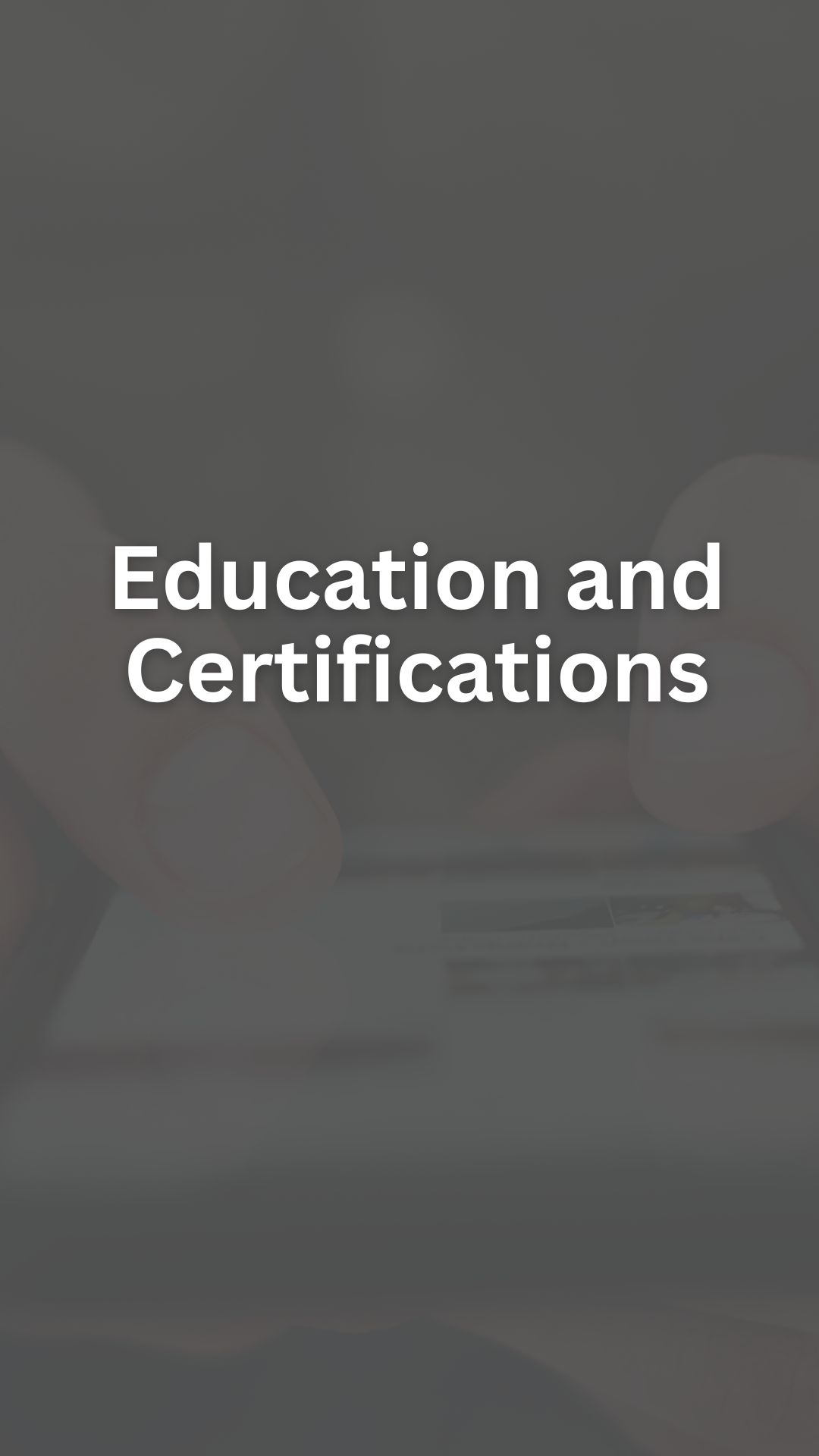
Education and Certifications
When applying for remote jobs, highlighting your education and certifications is crucial. These elements show that you’re qualified and committed to your field. Be specific and only include what’s most relevant.
Including Online Courses
Online courses can be very valuable on your resume. They show that you take the initiative to learn new skills.
Choose courses that are relevant to the job you’re applying for. This could be anything from coding bootcamps to project management classes.
List the course title, platform, and completion date. For example:
- Course Title: Data Analytics
- Platform: Coursera
- Completion Date: Jan 2023
Including this information helps hiring managers see your dedication to continuous learning.
Relevant Academic Background
Your academic background should focus on degrees and certifications related to the remote job you’re seeking.
If you have a degree, list it along with the institution and graduation date. For example:
- Degree: Bachelor of Science in Computer Science
- Institution: University of Somewhere
- Graduation Date: May 2020
If your degree isn’t directly related, emphasize relevant coursework or projects.
For instance, a psychology major applying for a remote marketing job might highlight courses in consumer behavior and market research. This makes your academic experience more relevant to hiring managers.

Designing for Remote-Friendly Readability
Making your resume easy to read is crucial for remote jobs. Focus on clear fonts and logical layouts to ensure hiring managers can quickly grasp your key points.
Choice of Font and Size
Pick a font that is simple and professional. Arial, Calibri, and Times New Roman are great choices. They look clean and make your resume easy to read.
Use a font size between 10 and 12 points. This size is large enough to read but small enough to keep your resume to one or two pages.
Avoid using fancy or decorative fonts. They can be hard to read on screens, especially smaller ones like tablets or phones.
Highlight headings with bold or slightly larger fonts (14-16 points), so they stand out. This helps the reader find sections quickly.
Logical Layout and White Space
Organize your resume with a clear structure. Start with your name and contact details at the top. Follow with sections like Summary, Experience, Skills, and Education.
Use plenty of white space to avoid clutter. White space makes your resume look clean and helps guide the reader’s eyes.
Bullet points are your friend. They make it easy to scan information quickly. Keep each bullet point brief, ideally one line.
Avoid long paragraphs. Break them down into shorter sentences or bullet points to increase readability.
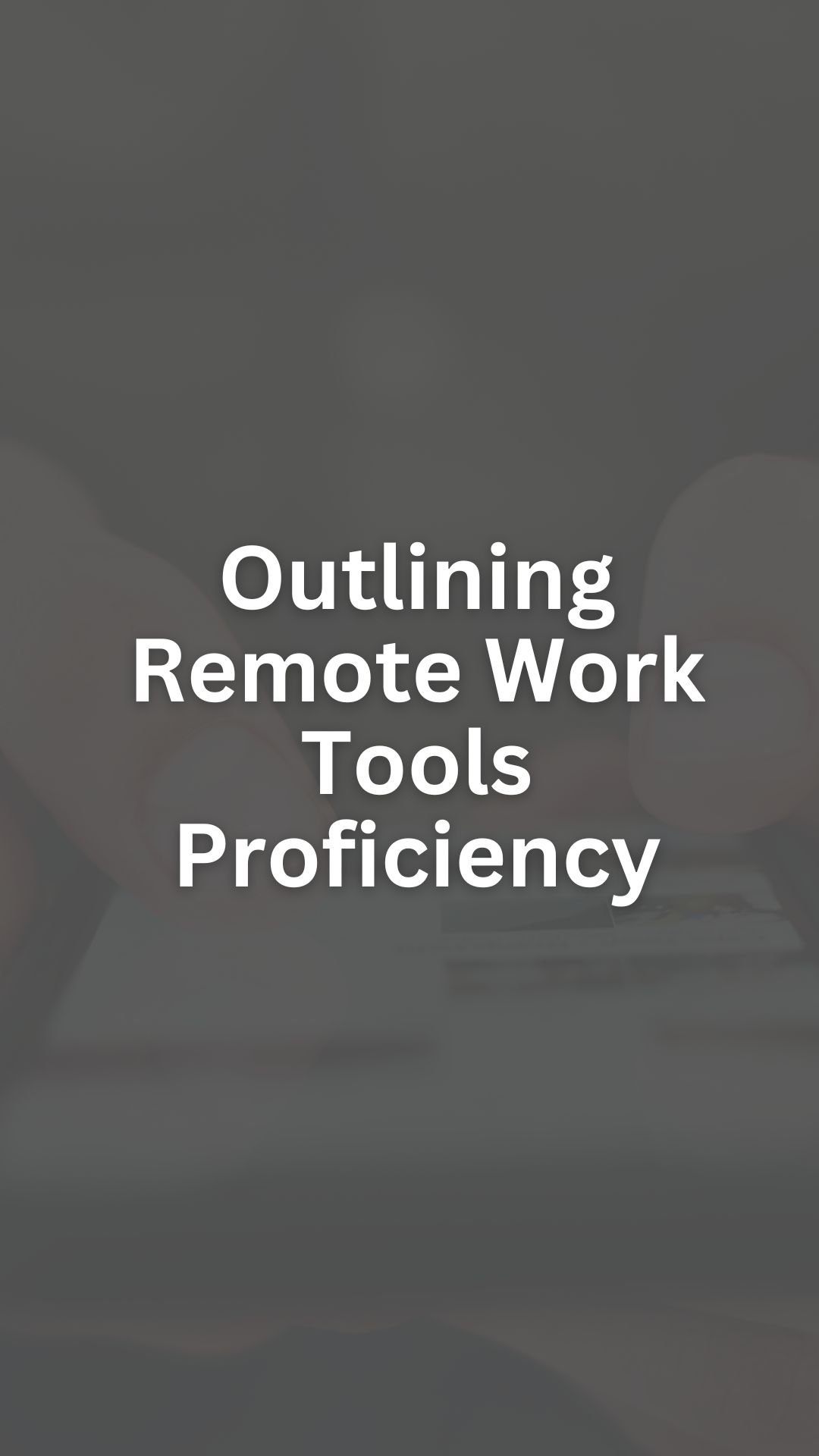
Outlining Remote Work Tools Proficiency
Mastering remote work tools is essential for success in a remote job. This includes knowing how to use communication platforms effectively and managing projects with the right software.
Communication Platforms
Being good at using communication tools is key to working well remotely.
Email, chat apps, and video conferencing tools keep you connected with your team and clients.
Email platforms like Gmail and Outlook are used widely. Make sure you can organize your inbox and use features like filters and labels.
Chat apps like Slack and Microsoft Teams help you communicate quickly. Highlight your ability to use channels, direct messages, and integrate other apps.
Video conferencing tools such as Zoom and Google Meet are crucial.
Mention your comfort with scheduling meetings, sharing screens, and managing breakout rooms. Proficiency in these tools ensures smooth communication.
Project Management Software
Managing projects remotely requires knowing how to use the right software.
Trello, Asana, and Jira are popular choices.
Trello uses boards, lists, and cards to track tasks.
Show you can create boards, assign tasks, and set deadlines.
Asana allows for more detailed project plans.
Highlight your ability to create projects, manage timelines, and collaborate with team members.
Jira is used for software development projects.
Mention your experience with creating tasks, using Scrum boards, and tracking progress.
Knowing these tools helps you keep projects on schedule and within scope.

Including a Portfolio and Testimonials
Adding a portfolio and testimonials to your resume boosts your chances for remote job success.
These additions provide evidence of your skills and the quality of your work.
Linking to Online Work Samples
Presenting your online work samples makes your skills tangible.
Create a portfolio website or use platforms like GitHub, Behance, or Dribbble.
Add links to projects that showcase your best work. Make sure each link is active and easy to access.
A well-organized portfolio speaks volumes.
Include a variety of work samples relevant to the job you want.
For example, if you’re a web developer, link to different websites you’ve built.
Use descriptions for each sample to explain what it is, your role in the project, and the skills you used.
This helps employers understand the context and significance of your work.
Peer Reviews and References
Peer reviews and references add credibility to your application.
Reach out to former colleagues, supervisors, or clients for testimonials.
Make sure they highlight your strengths and achievements in remote work settings.
Include these testimonials in your resume or provide a link to a detailed reference page.
Use bullet points to summarize the key points. For example:
- “Excellent at managing remote teams.”
- “Consistently meets deadlines with high-quality work.”
Choose testimonials that specifically mention your ability to work independently, communicate effectively, and produce results remotely.
Lastly, ensure each testimonial is genuine and verifiable.

Tailoring Your Resume for Each Application
When applying for remote jobs, it’s crucial to make sure your resume fits each specific role.
This includes understanding the company culture and using the right keywords.
Researching Company Culture
First, look into the company’s website and social media to understand their values and work environment.
Pay attention to the language they use in job descriptions, blog posts, and employee testimonials.
If the company emphasizes teamwork, highlight your collaboration skills.
For a company focused on innovation, mention any creative projects you’ve worked on.
Showing that you understand and align with their culture can set you apart from other candidates.
Aligning Resume Keywords
Job descriptions often contain specific keywords related to the role.
These keywords are important because many companies use software to screen resumes.
Read the job posting carefully and note the skills, qualifications, and terms used.
Make sure your resume includes these keywords naturally.
For example, if the job requires experience with “remote collaboration tools,” list the tools you are proficient with, like Zoom or Slack.
Using the right keywords can help your resume pass through automated filters and get noticed by hiring managers.

Dynamic Cover Letter Strategies
Excited about landing that remote job? Crafting a powerful cover letter plays a key role.
Focus on highlighting how your skills benefit the company and sharing your experiences in remote work.
Focusing on Company Benefits
Show the employer how your skills can solve their problems.
Research the company to understand their needs. Match your abilities with their goals.
For example, if they focus on customer service, mention your experience in that area.
Use specifics like “improved customer satisfaction by 20%”.
Create a list of your achievements that relate to the company’s objectives.
Employers like to see measurable results.
Showcasing Remote Work Scenarios
Prove that you can work well remotely.
Describe your home office setup and any tools you use, like Zoom or Slack.
Share examples of remote projects you’ve completed.
Mention your strengths in time management and self-motivation.
Talk about communication skills, such as keeping team members in the loop or managing projects from afar.
Point out any remote-working courses you’ve taken or relevant certifications.
This demonstrates your dedication and preparedness for remote work.
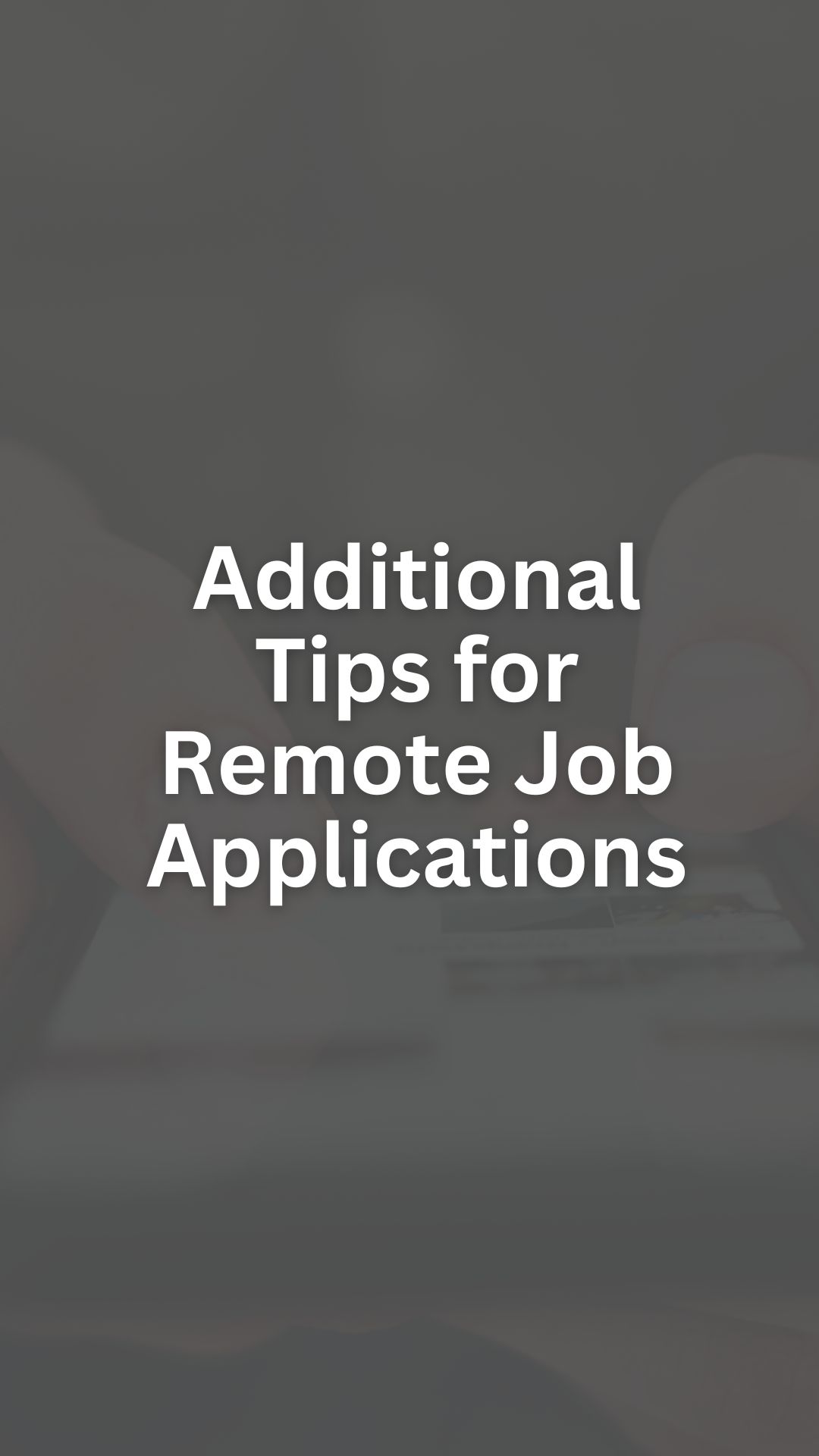
Additional Tips for Remote Job Applications
To make your remote job application stand out, use your professional network and follow up on your applications thoughtfully.
Leveraging Professional Networks
Using professional networks is crucial.
Start by updating your LinkedIn profile with relevant skills and experience. Join groups focused on remote work.
Connect with people who are already working remotely.
Ask for advice and job leads. Use contacts in your industry to get referrals.
These can open doors that normal applications might not.
Consider platforms like Twitter and Facebook.
Follow remote work leaders and participate in discussions.
Show your interest and knowledge in the field. This builds your presence and makes you a more attractive candidate.
Remote Job Application Follow-Up
Following up on your job application shows you are serious.
Wait a week or two after applying, then send a polite email.
Your email should be short and to the point.
Mention the job title you applied for and express your continued interest.
Restate why you are a good fit for the job.
Include a question about the hiring timeline or ask if they need more information.
This keeps the conversation going. It shows your willingness to engage and clarifies next steps.
Don’t follow up too often. A single, well-timed message is effective. Respect their time and process.
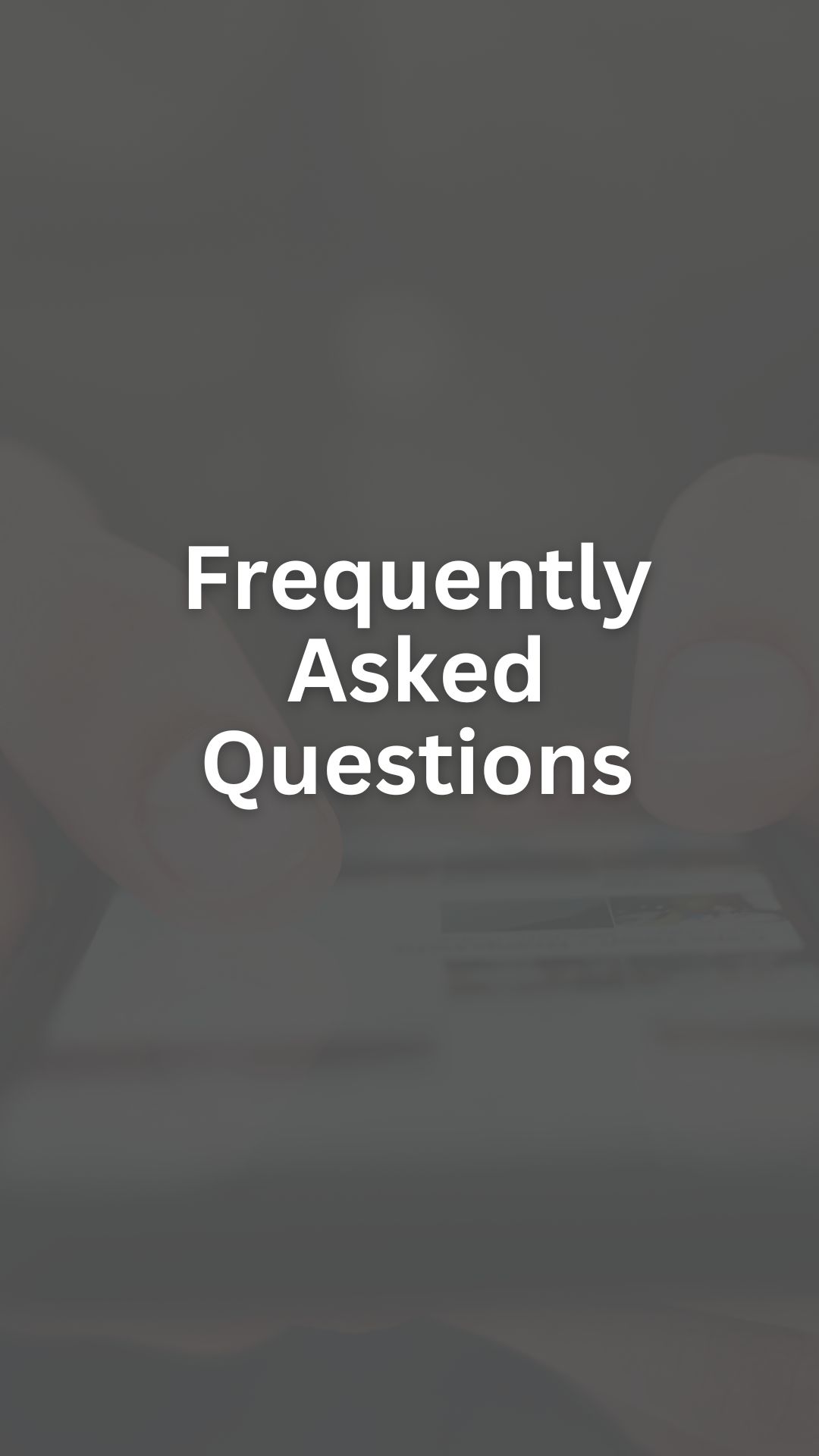
Frequently Asked Questions
Discover how to make your resume stand out for remote jobs! Learn how to highlight essential skills and structure your resume for remote opportunities, even if you don’t have prior experience.
What are the key elements to include in a resume for a remote position?
Include your name, contact details, a professional summary, work experience, education, and relevant skills.
Add a section showcasing your tech skills and any remote work tools you’ve used.
How can I highlight my remote work skills effectively on my resume?
Emphasize your time management, self-motivation, and communication skills.
Mention any remote work experience, tools, or platforms you are proficient in.
What examples can demonstrate my ability to succeed in a remote work environment?
Highlight projects or tasks you’ve completed remotely.
Share any experience with remote collaboration tools and describe successful remote teamwork.
How should I structure my resume if I’m seeking my first remote job?
Start with a strong summary that focuses on your desire for a remote position.
List skills that are especially valuable for remote work, like time management and tech proficiency.
What objectives make a resume stand out for remote job applications?
State your career goals and emphasize your enthusiasm for remote work.
Showcase your commitment to productivity and team collaboration.
Can you suggest ways to craft a compelling remote job resume without prior experience?
Focus on transferable skills and relevant achievements.
Include volunteer work or projects that demonstrate your self-discipline and ability to work independently.